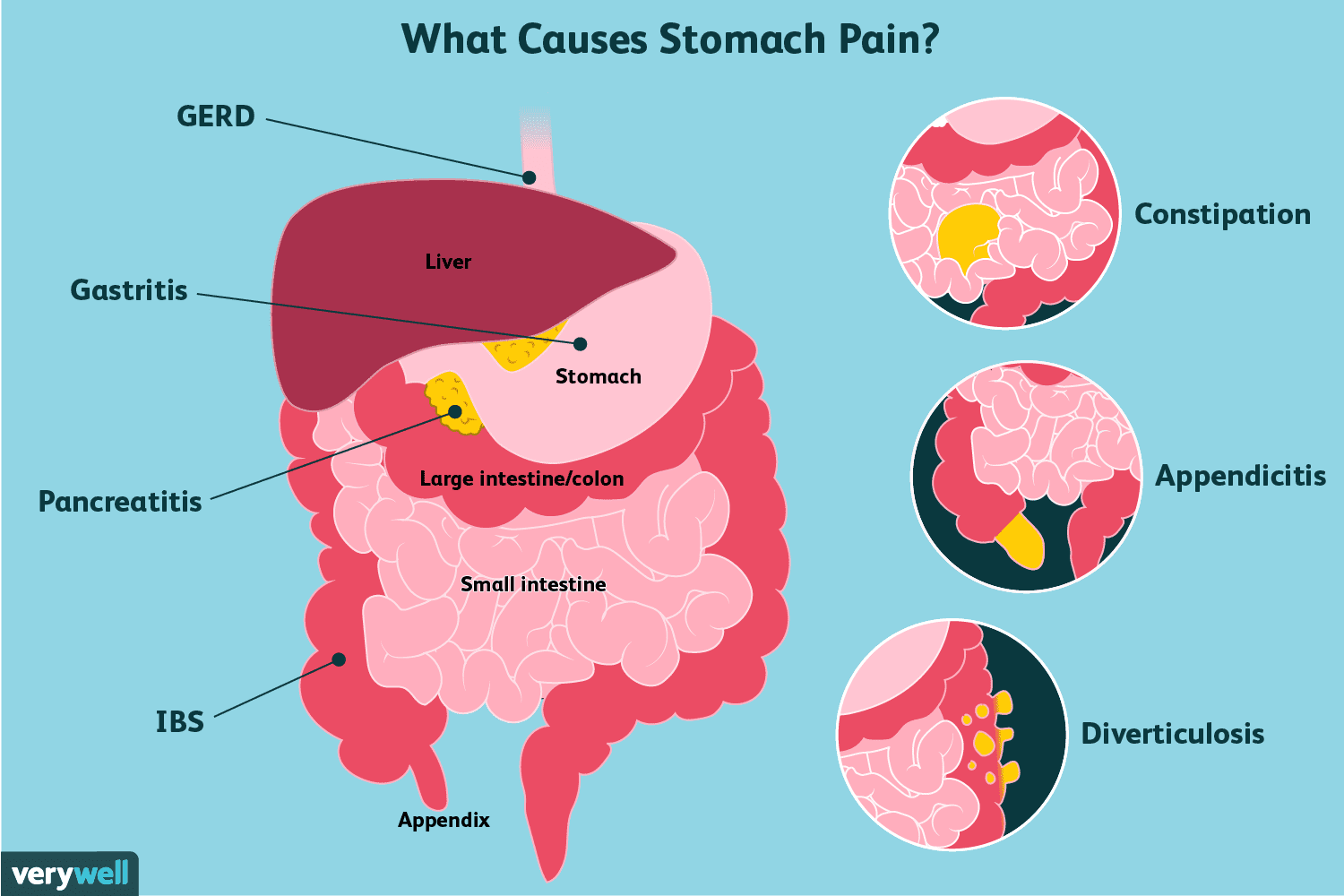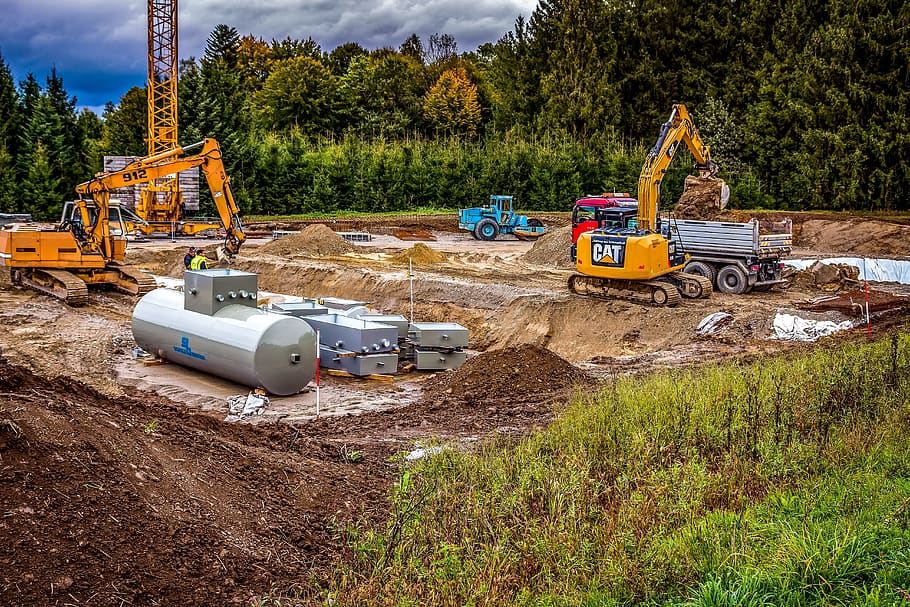Healthtech
Stomach Pain: Causes and Treatments

Stomach pain, also known as abdominal pain, can have various causes and may range from mild discomfort to severe, debilitating pain. It’s important to note that stomach pain can be a symptom of various underlying conditions, and the appropriate treatment depends on the cause of the pain. Here are some common causes of stomach pain and their corresponding treatments:
- Gastroenteritis: This is often caused by a viral or bacterial infection of the stomach and intestines. It can lead to symptoms like cramps, diarrhea, nausea, and vomiting. Refer to a Best Gastroenterologist in Lahore to know more.
- Treatment: Stay hydrated by drinking clear fluids, avoid solid foods for a short period, and rest. In some cases, antidiarrheal medications or antibiotics may be necessary.
- Gastritis: Inflammation of the stomach lining, often caused by excessive alcohol consumption, chronic use of nonsteroidal anti-inflammatory drugs (NSAIDs), or infection with Helicobacter pylori.
- Treatment: Treatment may involve lifestyle changes, such as avoiding alcohol and NSAIDs, as well as medications to reduce stomach acid or antibiotics to treat H. pylori infection.
- Gastroesophageal Reflux Disease (GERD): Stomach acid flows back into the esophagus, causing heartburn and upper abdominal pain.
Treatment
Lifestyle modifications, like dietary changes and elevating the head of the bed, can help. Medications, such as antacids or proton pump inhibitors, can also be used to control acid production.
- Irritable Bowel Syndrome (IBS): A chronic digestive disorder that can cause abdominal pain, bloating, and changes in bowel habits.
- Treatment: Dietary modifications, stress management, and medications to relieve specific symptoms may be recommended by a healthcare provider.
- Peptic Ulcers: Sores that develop in the lining of the stomach or the upper part of the small intestine, often due to H. pylori infection or NSAID use.
- Treatment: Treatment may involve antibiotics to eliminate H. pylori, medications to reduce stomach acid, and lifestyle changes to avoid irritants.
- Appendicitis: Inflammation of the appendix, a small organ in the lower right abdomen.
- Treatment: Surgical removal of the inflamed appendix (appendectomy) is typically required to prevent rupture.
- Gallstones: Hard particles that form in the gallbladder and can cause intense abdominal pain, usually in the upper right side.
- Treatment: Surgical removal of the gallbladder (cholecystectomy) is often recommended to relieve symptoms.
- Diverticulitis: Inflammation or infection of small pouches in the colon (diverticula), leading to lower abdominal pain, fever, and changes in bowel habits.
- Treatment: Mild cases may be treated with antibiotics and a clear liquid diet, while severe cases may require hospitalization and, in some cases, surgery.
- Ovarian Cysts: Fluid-filled sacs that form on the ovaries, which can cause lower abdominal pain in women.
- Treatment: Treatment depends on the size and type of the cyst, with options ranging from watchful waiting to surgical removal.
- Pancreatitis: Inflammation of the pancreas, which can cause severe upper abdominal pain and may be triggered by gallstones, alcohol abuse, or other factors.
- Treatment: Treatment involves hospitalization, fasting, intravenous fluids, and addressing the underlying cause.
It’s essential to consult a Gastroenterologist in Karachi if you experience persistent or severe stomach pain, as they can accurately diagnose the underlying cause and recommend the most appropriate treatment. In some cases, lifestyle changes and home remedies may help alleviate mild stomach discomfort, but for more serious conditions, medical intervention is often necessary.





















